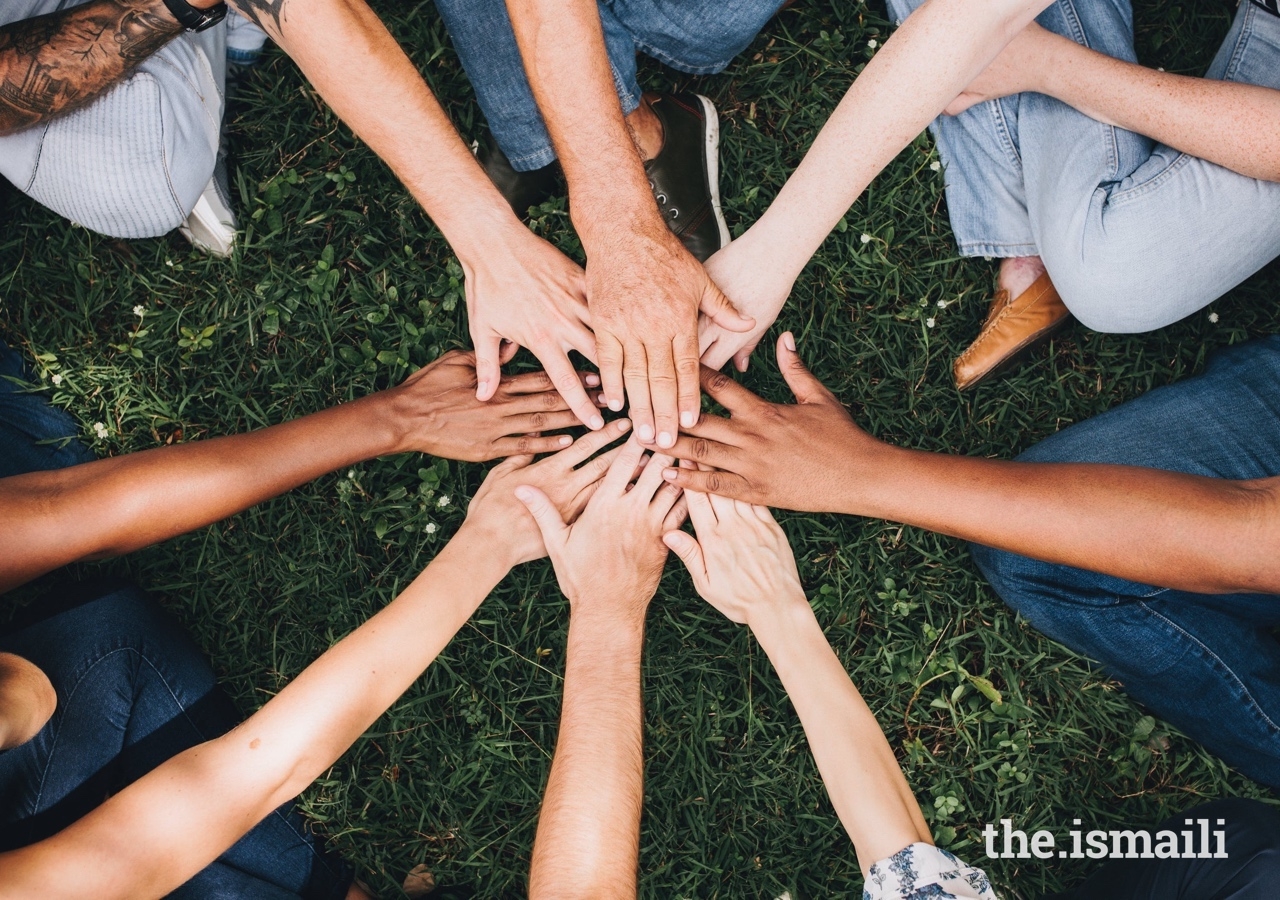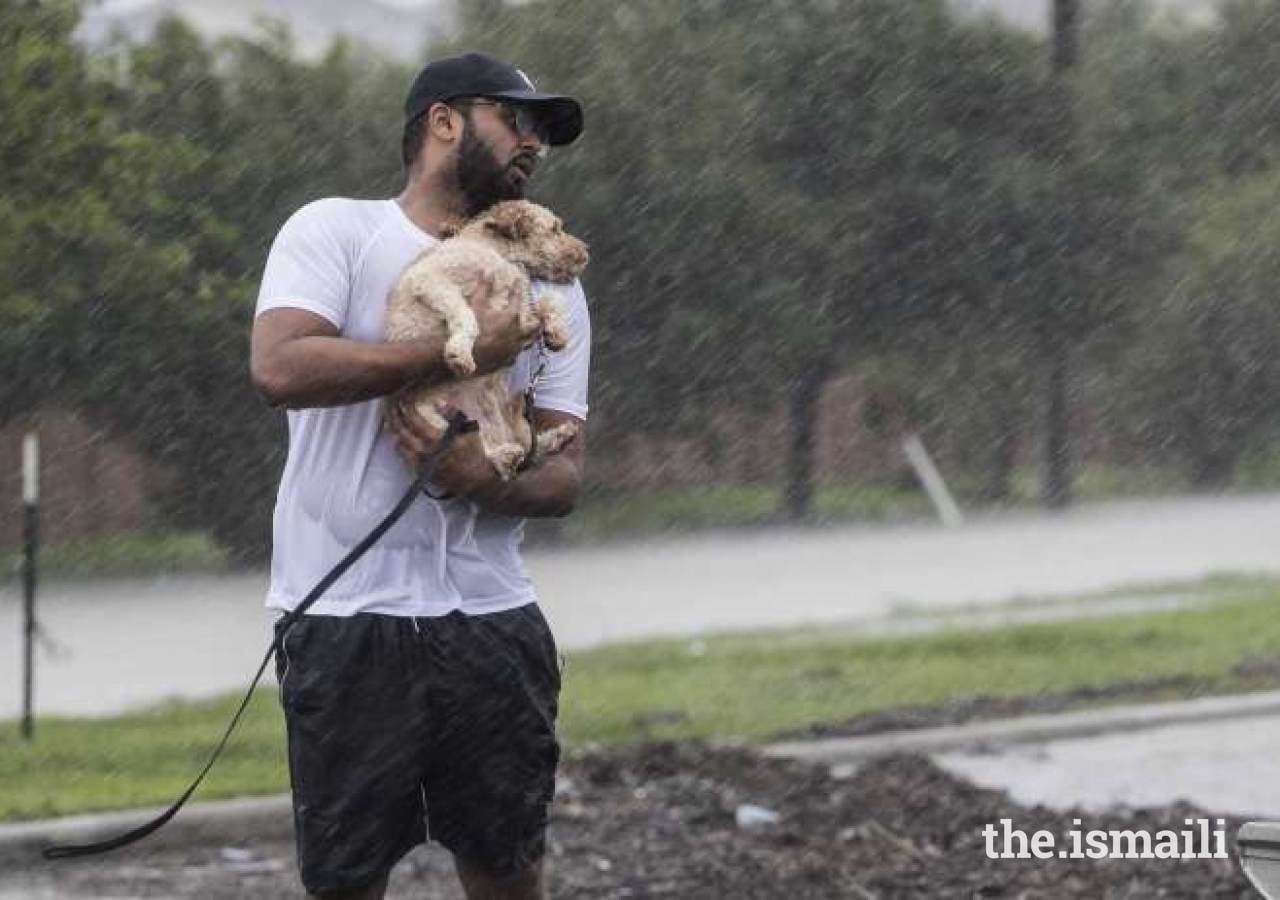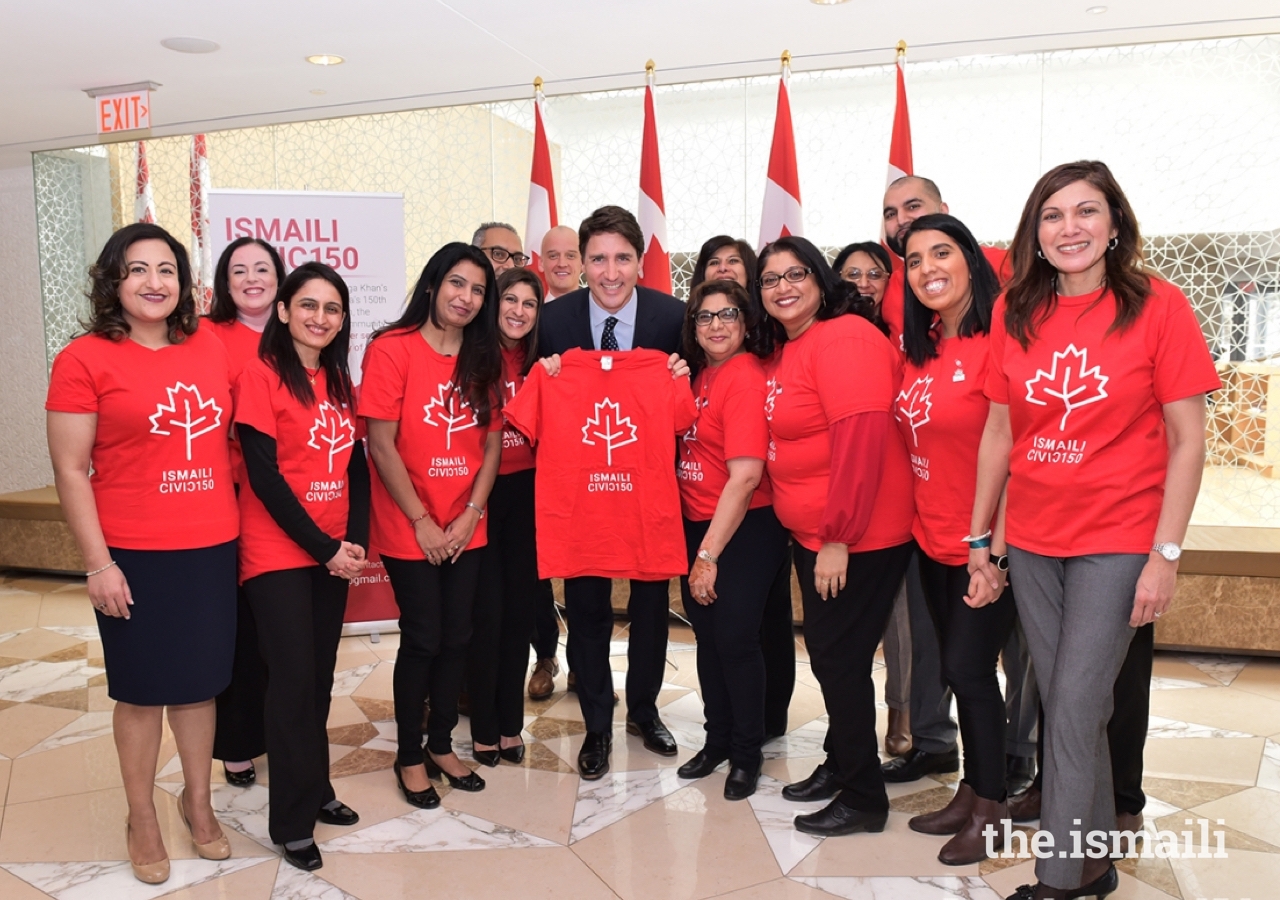A vibrant and competent civil society is the cornerstone of a healthy and prosperous nation. It is where people themselves work to create change and build a better society, rather than rely solely on the government to do so. This notion first appeared in ancient Greece and Rome, and has become an essential component for a modern society to function anywhere in the world.
During a speech made in Kabul in 2007, Mawlana Hazar Imam defined civil society as “a realm of activity which is neither governmental nor commercial, institutions designed to advance the public good, but powered by private energies.”
When governments are fragile, or unable to meet the needs of their citizens, civil society organisations can step into the void. Their impact can be life-changing, providing people with basic healthcare, schooling, and shelter; or helping them access credit to expand a small business for example.
In nations where the government is more established, the efforts of a robust civil society sector are equally as important; workers’ rights groups such as teachers’ unions or medical associations advocate for fair treatment, while environmental groups promote sustainable living practices.
Civil society institutions can also take the form of media outlets and arts organisations that communicate and share knowledge, or social enterprises that generate innovative ideas. They can be as small as a neighbourhood self-help scheme, or as large as an international NGO or the United Nations.
civ_soc_5.jpg
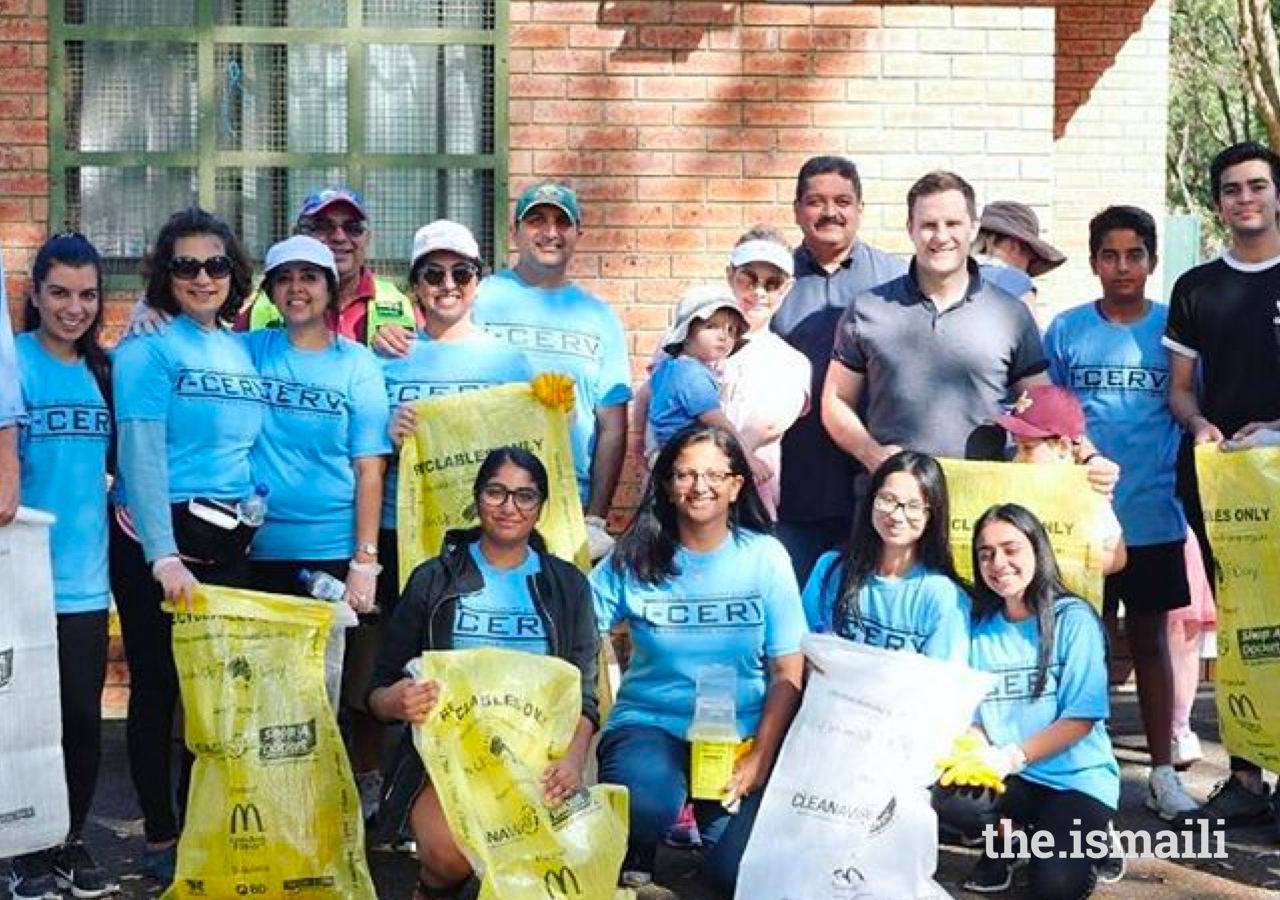
For the wellbeing of all individuals and communities, it is important that civic principles should play a leading role in the future of all populations. In many parts of the world however, civil society suffers from a lack of technical knowledge, and financial and human resources. Jamati and AKDN institutions have been building organisations for a number of decades to address these gaps and enable people in these regions drive progress and improve their quality of life.
Mawlana Hazar Imam has also outlined volunteering as one of the key components of a healthy civil society. In a speech at Brown University in 2014, he said “One of the energising forces that makes a quality civil society possible, of course, is the readiness of its citizens to contribute their talents and energies to the social good. What is required is a profound spirit of voluntary service, a principle cherished in Shia Ismaili culture.”
Various Jamats have put this principle into practice, and formalised their commitment to voluntary service through range of initiatives.
In the wake of Hurricane Harvey in the city of Houston in 2017, the Southwestern US Jamat mobilised a diverse group of over 2,500 volunteers to come to the aid of stranded citizens, and to assist with their recovery. During the evacuation, the Ismaili Jamatkhana and Center in Sugarland was opened up as a staging location for displaced families. Volunteers worked night and day to ensure the safety of hundreds of local residents, serving meals, delivering supplies, and helping with clean-up efforts.
civ_soc_3.jpg
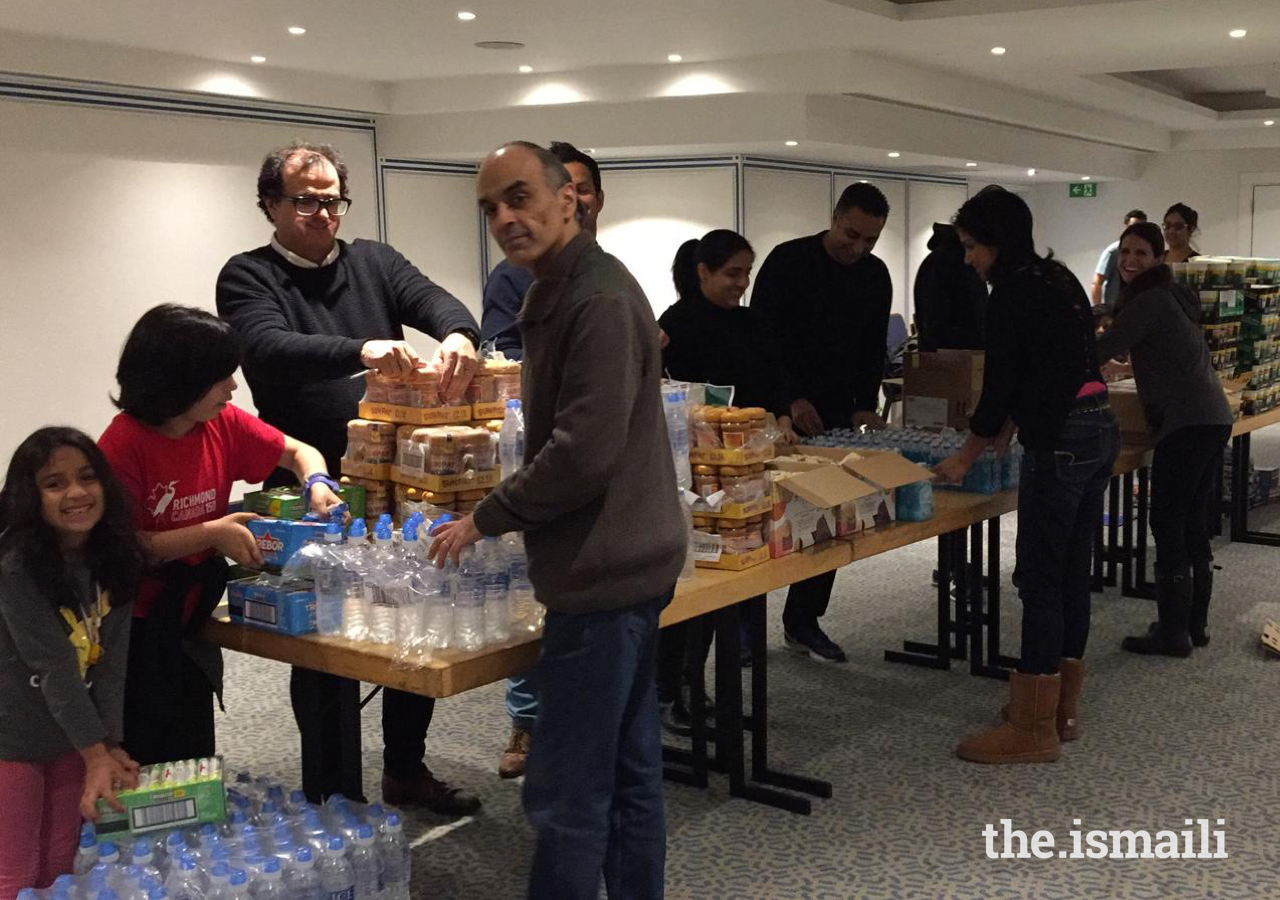
The Jamat in Canada have contributed energetically to the fabric of society over a period of 50 years. More recently, the Ismaili Council for Canada launched Ismaili CIVIC, a commitment to contribute to the quality of life of all Canadians, and to exemplify the community’s values of peace, compassion, and care. Activities range from tree-planting and tutoring students, to maintaining public spaces and caring for seniors. During Canada's 150th anniversary last year, Ismailis of all ages pledged and delivered over one million hours of voluntary service, illustrating their dedication to active citizenship.
Appealing to the community’s well-known spirit of social conscience, initiatives have also been established in a number of countries where the Ismailis reside, for members of the Jamat to give back to their local communities through offering voluntary service at soup kitchens, homeless shelters, park clean-ups, and more. These efforts have focussed on the most vulnerable people and places, and have helped to foster engagement with public life for a number of years. “This is not a matter of philanthropy, but rather of self-fulfillment — “enlightened self-fulfillment,” described Mawlana Hazar Imam to the Canadian parliament in 2014.
Ismailis around the world are participating in efforts to strengthen civil society and empower volunteers to better engage with and serve the communities in which they live, thereby replacing fear with hope, crisis with opportunity, and poverty with long-term prosperity. This ethos of active citizenship among the Jamat, for the benefit of the wider public, has been recognised by the highest levels of leadership in countries such as Canada, the UK, and the USA.
Serving through Jamati institutions such as Ismaili CIVIC, or via charities and local initiatives are all ways to participate in creating a better society and a better world. How will you contribute?

